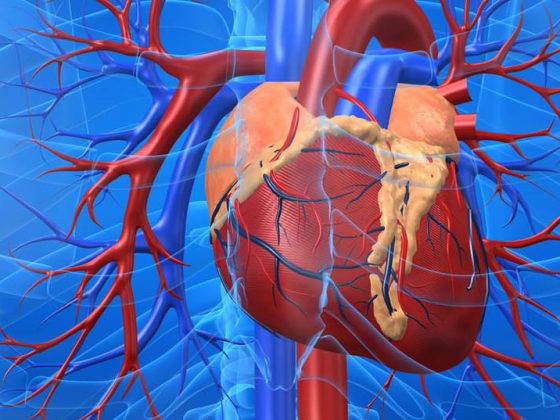More and more is becoming known about the importance of decreasing brain volume in patients with multiple sclerosis. And this is not least thanks to steady progress in imaging techniques and the availability of automated evaluation programs. Current data also suggest that brain atrophy can be affected by treatment. Thus, it could possibly be used as a parameter for monitoring therapy in the future.
Brain volume decrease in multiple sclerosis has recently become a central issue. “Five years ago, we hardly talked about brain atrophy in MS,” said Prof. Ernst Wilhelm Radü, MD, Basel, at the start of the workshop. “In the meantime, however, virtually every publication addresses this issue.” The average atrophy rate in MS patients is about 0.5 – 1.3% per year, while in healthy individuals it is about 0.1 and 0.4% per year [1–3]. Changes in the brain volume of MS patients occur early in the course of the disease, within the first year after a “clinically isolated syndrome” (CIS) [4]. Besides, brain volume loss is also considered as one of the best prognostic indicators of long-term disability progression in MS [5 – 7].
Several technical options are now available to detect atrophic brain changes in MS, such as the Structural Image Evaluation using Normalization of Atrophy (SIENA) program. Two MRI images of a patient taken at different times are automatically evaluated and the individual development of atrophy (percentage change in brain volume) within a defined period of time is calculated.
Medication may influence brain volume decrease
The reliable detection of changes in brain volume could possibly also help to assess the effectiveness of a therapy for multiple sclerosis even more precisely in the future. For example, in a recently presented paper, the impact of fingolimod treatment on brain atrophy was investigated [8]. The objective was to determine, using data from the FREEDOMS trial and its extension phase, whether there is a correlation between brain atrophy and disease-free status (i.e., no disability progression, no relapses, and no new inflammatory lesions on MRI) seen over an observation period of zero to four years. Compared with patients switched to fingolimod after two years of placebo treatment, patients on continuous, four-year fingolimod treatment (0.5 mg/d) experienced a one-third reduction in brain volume. That is, delayed initiation of fingolimod treatment was associated with greater brain volume loss. Fingolimod showed benefit in patients with and without disease activity in this work. However, consistently lower rates of brain volume loss were demonstrated in disease-free patients than in patients who had disease activity and progression [9]. Such results suggest that a measurement of brain atrophy should possibly not only be used in the context of clinical studies in the future, but could also represent a useful tool for therapy monitoring in everyday practice.
Source: “Meet the Expert: Brain Atrophy in MS – Putting Research into Practice,” October 15, 2013, Zurich.
Literature:
- Barkhof F, et al: Imaging outcomes for neuroprotection and repair in multiple sclerosis trials. Nat Rev Neurol 2009; 5: 256-266.
- Simon JH: Brain atrophy in multiple sclerosis: what we know and would like to know. Mult Scler 2006; 12: 679-687.
- Fotenos AF, et al: Brain volume decline in aging: evidence for a relation between socioeconomic status, preclinical Alzheimer disease, and reserve. Arch Neurol 2008; 65: 113-120.
- Pérez-Miralles F, et al: Clinical impact of early brain atrophy in clinically isolated syndromes. Mult Scler 2013 May 7. [Epub ahead of print].
- Popescu V, et al: Brain atrophy and lesion load predict long term disability in multiple sclerosis. J Neurol Neurosurg Psychiatry 2013; 84: 1082-1091.
- Prinster A, et al: A voxel-based morphometry study of disease severity correlates in relapsing-remitting multiple sclerosis. Mult Scler 2010; 16: 45-54.
- Zivadinov R, Bakshi R: Central nervous system atrophy and clinical status in multiple sclerosis. J Neuroimaging 2004; 14(3 Suppl): 27S-35S.
- Radue EW, et al: Brain atrophy: an in-vivo measure of disease activity in multiple sclerosis. Swiss Med Wkly 2013; 143: w13887.
- Radü EW, et al: Brain atrophy and disease-free status over 4 years: analyses of the FREEDOMS core and extension trial data. Poster 1043 presented at ECTRIMS 2013.
InFo Neurology & Psychiatry 2014; 12(1): 46.











